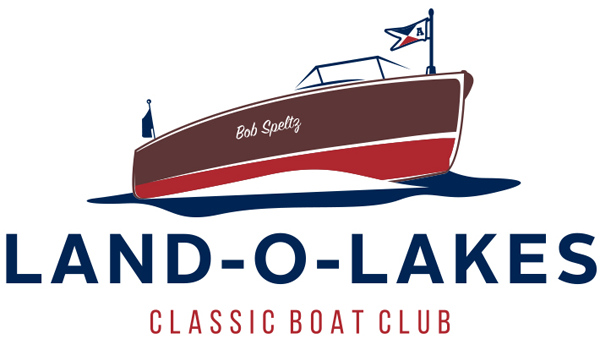Clean Boating Tips
Provided by ACBS Safety Officer,
Goody Thomas and Hagerty Classic Marine Insurance
The small, extra efforts and expenses required to
practice clean boating and good environmental
stewardship make sense for our familys health and safety, for the environment, economically, and for the future of recreational boating. Clean boating includes all aspects of boat maintenance, operation, and housekeeping. Care must be taken during cleaning, sanding, painting, fueling, motoring, pump out, and trash disposal to minimize potential effects on the aquatic environment. Here are a few considerations for the clean boater.
For Cleaning Your Boat:
When washing a boats deck, people often use products that have toxic ingredients such as chlorine,
phosphates and ammonia. Theses toxins contain oils that act as a degreaser to fish drying up the natural oil fish need for their gills to take in oxygen. To reduce your need to use toxic products try following some of these alternative ways to clean your vessel:
Detergent and soap; use elbow grease.
General cleaners; try baking soda and vinegar, or lemon juice combined with borax paste.
Brass cleaner; use Worcestershire sauce, or paste made of equal amounts of salt, vinegar and water.
Chrome cleaner/polish; try apple cider vinegar to clean and baby oil to polish.
Stainless Steel cleaner; use baking soda or mineral oil for polishing, vinegar to remove spots.
Fiberglass Stain remover; use baking soda paste.
Mildew Remover; use Paste with equal amounts of lemon juice and salt, or white vinegar and salt.
`Wood polishes; try Olive or Almond oil (interior walls only).
Every now and then, pour a shot of cooking oil into your marine toilet, especially if it is difficult to pump. This will lubricate the seals, O rings, and moving parts.
After washing the interior of your boat, add a small amount of Mildecide powder to the rinse water. This will keep the interior mildew free longer.
When Sanding and Painting Your Boat:
Sanding and scraping your boat can release harmful paint and varnish particles into the air and water around you. Always sand and scrape on shore, away from the water and preferably in a work area. To help reduce organism growth to your hull, many boat owners apply anti-fouling paints. Most of these paints contain metals such as copper, mercury, arsenic or tributyltin (TBT). All have severe hazards on human health and the underwater ecosystem. To better educate yourself on what kinds of hull paint to use, contact your local marine supply store.
Did you know that The Clean Water Act prohibits the use of soaps or other dispersing agents to get into the water without the permission of the Coast Guard. Please be aware that you could be fined up to $25,000 per incident if caught using toxic cleaning products without the Coast Guards permission.
A Chapter of the Antique & Classic Boat Society
©1999-2009 BSLOL ACBS Chapter

